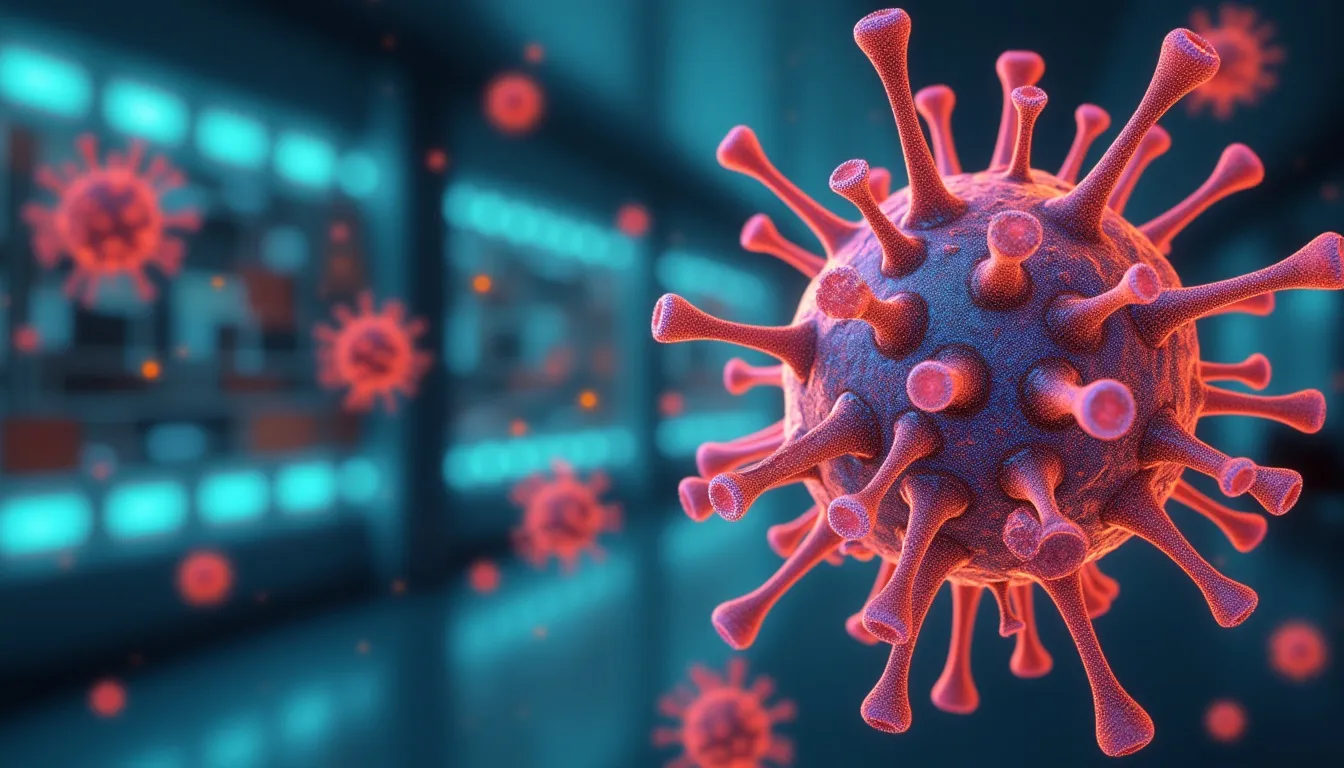AI’s Role in Revolutionizing Cancer Treatment
The advent of artificial intelligence (AI) in the field of cancer treatment has marked a revolutionary shift in how healthcare professionals approach diagnosis and therapy. Among the trailblazers in harnessing the power of AI for oncology is Lunit, a pioneering provider of AI-driven solutions. Their groundbreaking research is making significant strides in predicting outcomes for immunotherapy treatments, especially in patients with rare tumors. Collaborating with esteemed institutions like The University of Texas MD Anderson Cancer Center, Lunit presented their findings at the Society for Immunotherapy of Cancer (SITC) 2024 Annual Meeting, establishing a new frontier in cancer treatment methodologies.
Enhancing Immunotherapy with AI
Lunit has harnessed its advanced AI platform, Lunit SCOPE IO®, to delve deeply into the complexities of the tumor microenvironment. This AI-powered whole-slide image analyzer meticulously identifies characteristics that can predict the success of immunotherapy, particularly with treatments involving immune checkpoint inhibitors such as pembrolizumab. By extracting vital information from tumor samples, the AI system anticipates which patients are more likely to respond favorably, paving the way for tailored treatment strategies that promise greater efficacy and fewer adverse effects.
The Broadening Horizon of AI in Oncology
AI is not just transforming immunotherapy but extending its applications across various facets of cancer care, from diagnosis to personalized treatment planning. For instance, research conducted by Harvard Medical School exemplifies this by developing AI models capable of diagnosing cancer and predicting patient survival with improved precision. These models assess tumor histopathology images, offering insights that guide patient-centric treatment approaches and significantly improve prognosis outcomes.
Precision Oncology: Targeted and Effective Treatments
The move towards precision oncology highlights the intrinsic value of AI in crafting personalized treatment regimens based on the genetic and molecular profile of cancer tumors. By adopting this precision-focused approach, healthcare providers can design treatments that are not only more effective but also minimize collateral damage from side effects. AI significantly contributes to this paradigm by analyzing vast datasets to identify actionable insights, thereby optimizing therapeutic interventions.
The Intersection of AI and T Cell Receptor Engineering
Another exciting development in the realm of AI and cancer treatment is the application of generative AI in T cell receptor (TCR) engineering, showcased by NEC Bio. This advancement underscores the potential of designing enhanced TCRs that can more effectively target cancer cells, marking significant progress in immunotherapy. Through AI, the design and efficacy of these receptors can be optimized, leading to improved outcomes in targeted cancer therapies.
The Future of AI in Oncology: Promising but Prudent
While the potential of AI in oncology is immense, it is crucial to navigate these advancements with caution. AI is expected to play a pivotal role in clinical practice by assisting in the design of clinical trials, assessing treatment responses, and enhancing diagnostic accuracy. However, the integration of AI must include human oversight to ensure the accuracy and safety of decisions, maintaining a balance between technological advancement and clinical judgment. As we embrace AI in oncology, the focus should remain on how this technology can complement healthcare practitioners, reinforcing rather than replacing their pivotal role in patient care.




